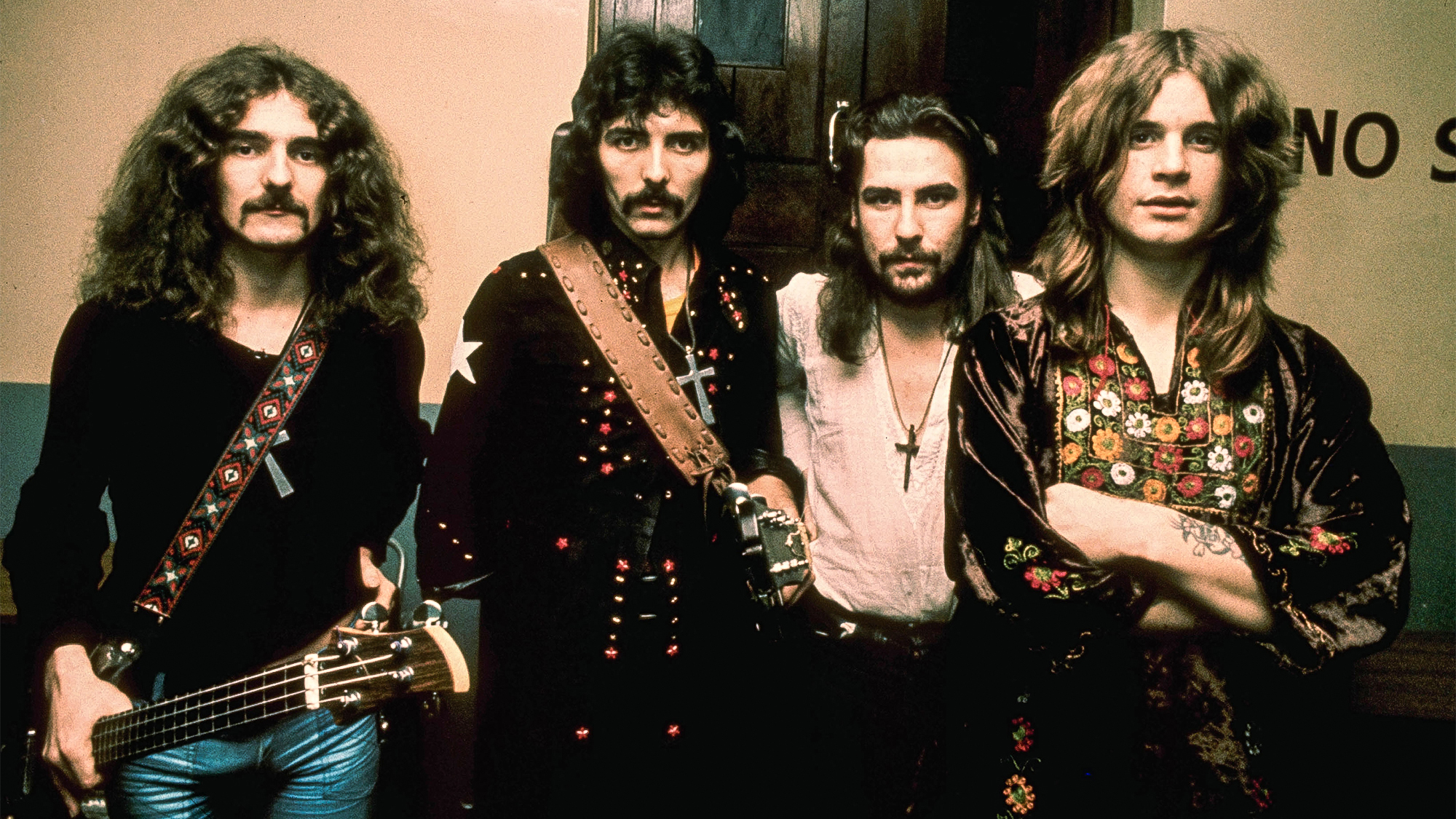“Randy leaves us in good stead to carry on his legacy and tradition of excellence; he has left an indelible mark on the sound of electric guitar and bass over the last 55 years”: MESA/Boogie founder Randall Smith and Gibson part ways
No reason has been given for the split, but Gibson says it is well positioned to continue his legacy, with its “next generation of designers” having studied under Smith for the past 20 years
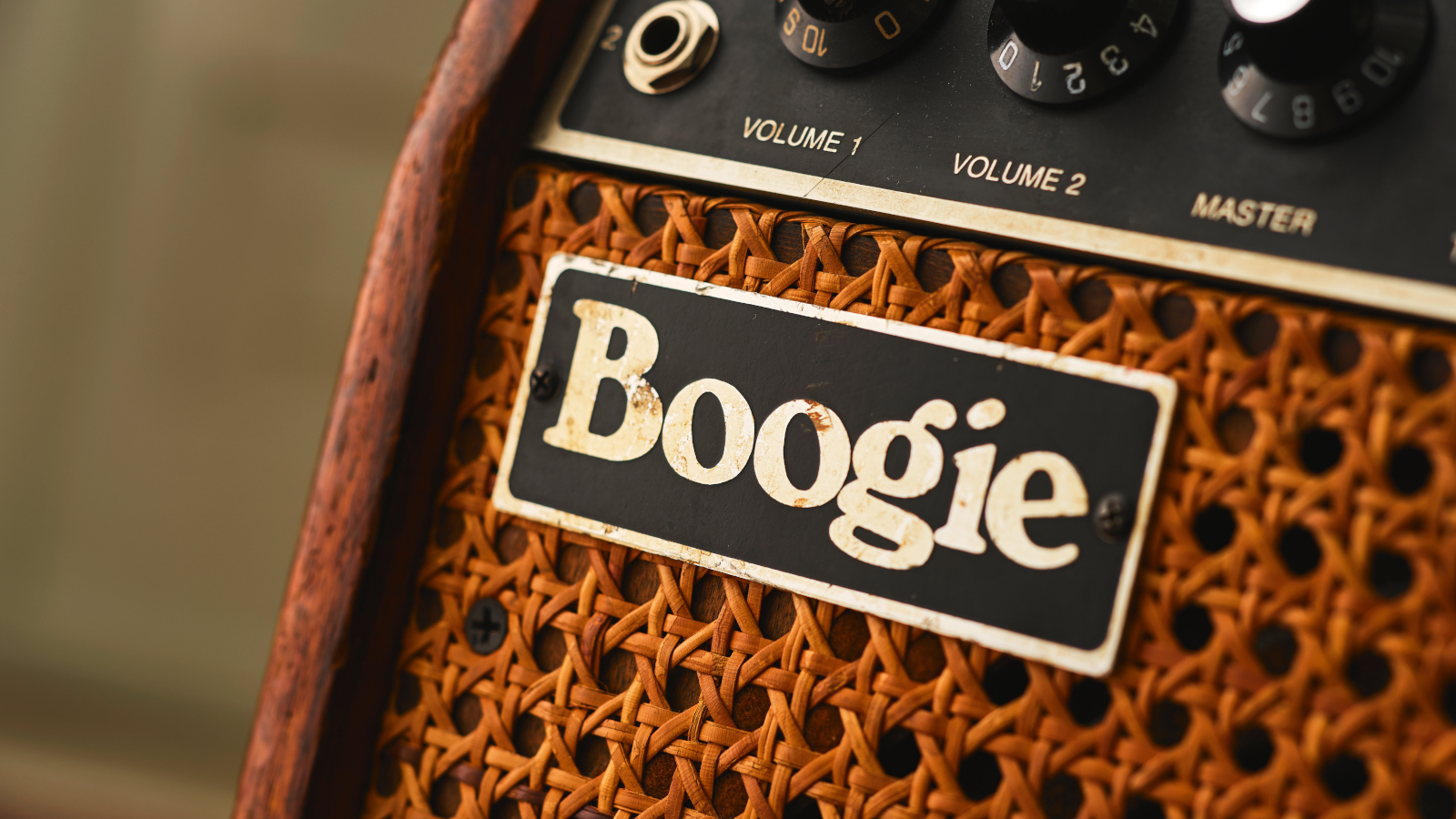
All the latest guitar news, interviews, lessons, reviews, deals and more, direct to your inbox!
You are now subscribed
Your newsletter sign-up was successful
MESA/Boogie founder Randall Smith has parted ways with Gibson.
Three and a half years ago, the groundbreaking amp builder sold the firm he created in 1969 to Gibson, with the latter company agreeing to keep him on board. An official statement now states that Smith has “completed his time with Gibson as Master Designer and Pioneer of MESA/Boogie.”
Speaking at the time of the acquisition, Randall Smith said: “As we witnessed JC [James Curleigh] and Cesar transform Gibson, we saw kindred spirits sharing common values and a fierce dedication to quality. Today, Gibson’s guitars are the best ever and when they asked if we’d like to become Gibson’s Custom Shop for amplifiers, we envisioned a perfect collaboration that would expand our outreach while preserving our legacy beyond my time.”
Shortly after the news of the change in ownership landed, Gibson revealed it was working on a new line of amplifiers with Smith, but curbed excitement by admitting that they would “take a while” to see the light of day.
During his time with Gibson, Smith played a key role in reviving its long-forgotten Falcon combo amps, which released earlier this year to rave reviews. A Guitar Player review called the amps “Lush, evocative, and a ton of fun to play with” adding that they “set a new bar for low-power tone.”
Yet all that excitement has dampened at the news of Smith’s departure – and raises question marks over why this separation has happened – as well as what will happen next. Will Smith, now 78 years old, simply retire, or are there new tonal adventures on his horizon? Although Smith's statement back in 2021 does hint that his time with Gibson wouldn't last forever.
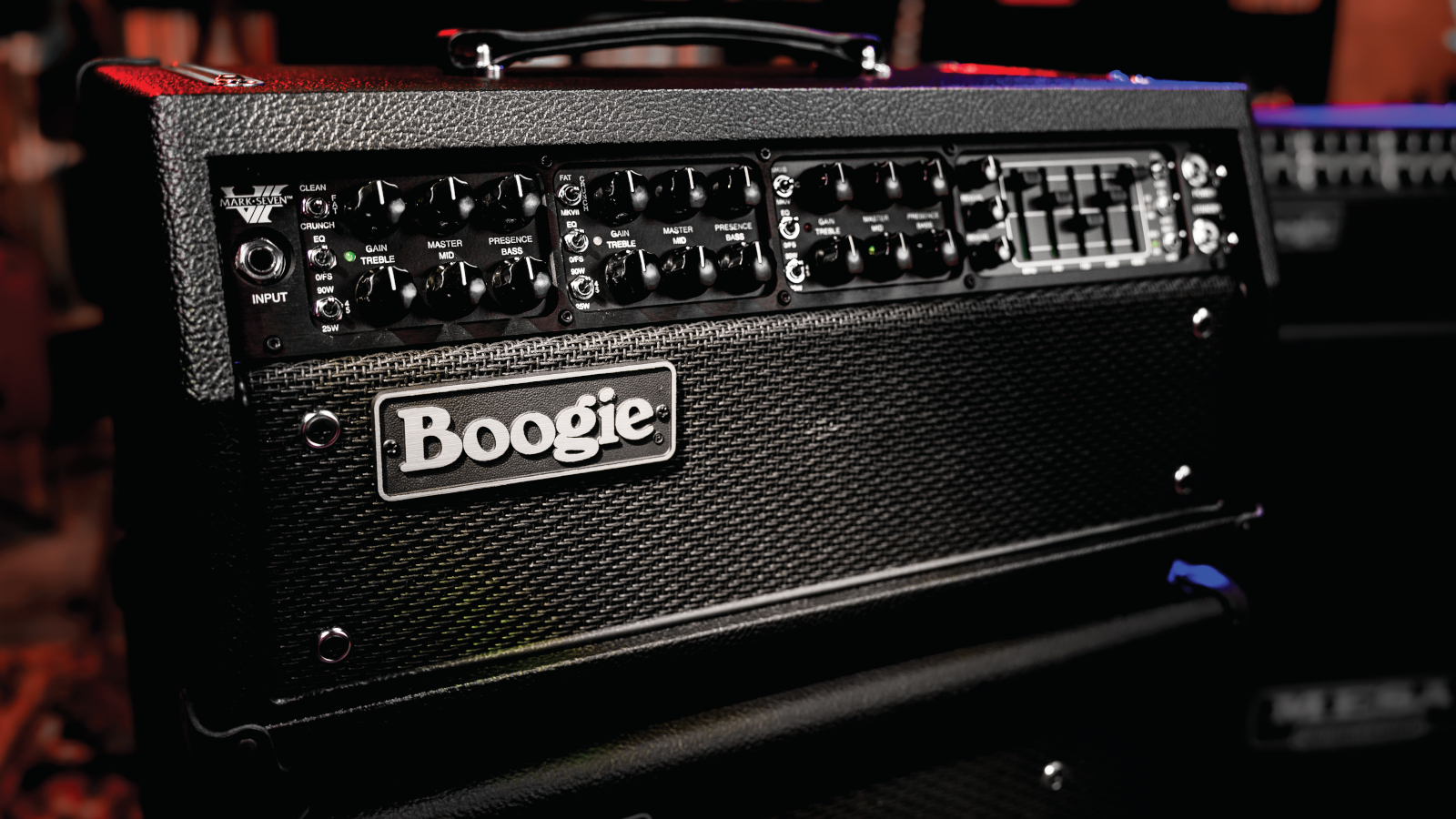
The Mesa brand is famed for being the original boutique amplifier company, with Smith starting out repairing and modifying vintage amplifiers. Throughout his 55-year career, Smith made huge innovations that have permanently reshaped the industry.
All the latest guitar news, interviews, lessons, reviews, deals and more, direct to your inbox!
Those innovations included modifications that gave small amps more input gain – and therefore, more volume – as well as crafting an all-new high gain distorted guitar tone with the Dual Rectifier, that has since featured on countless classic records.
Al DiMeola, John Petrucci, Andy Timmons, Bootsy Collins, and Andy Summers are just some of the firm's high-profile advocates.
Tutelage was a key part of Smith’s role as the head of MESA/Boogie. Its artisans are tenured with an average of 15 years in post, with many sticking around for much longer, learning directly from Smith. Gibson has recognized this and says it is well-placed to move forward, even in the absence of the master amp builder.
“Randy has positioned his legacy to be carried forward through the MESA/Boogie team's continued commitment to quality and tone,” the official statement continues. “For the last two decades [he] has been training the next generation of MESA/Boogie designers.”
Gibson CEO, Cesar Gueikian, thanked Smith for his “pioneering insights, design, and trust in Gibson.
“Randy’s DNA will always be present, and over the last few decades he has trained the new generation of designers that have been leading the way for Gibson and MESA/Boogie amps,” he continues.
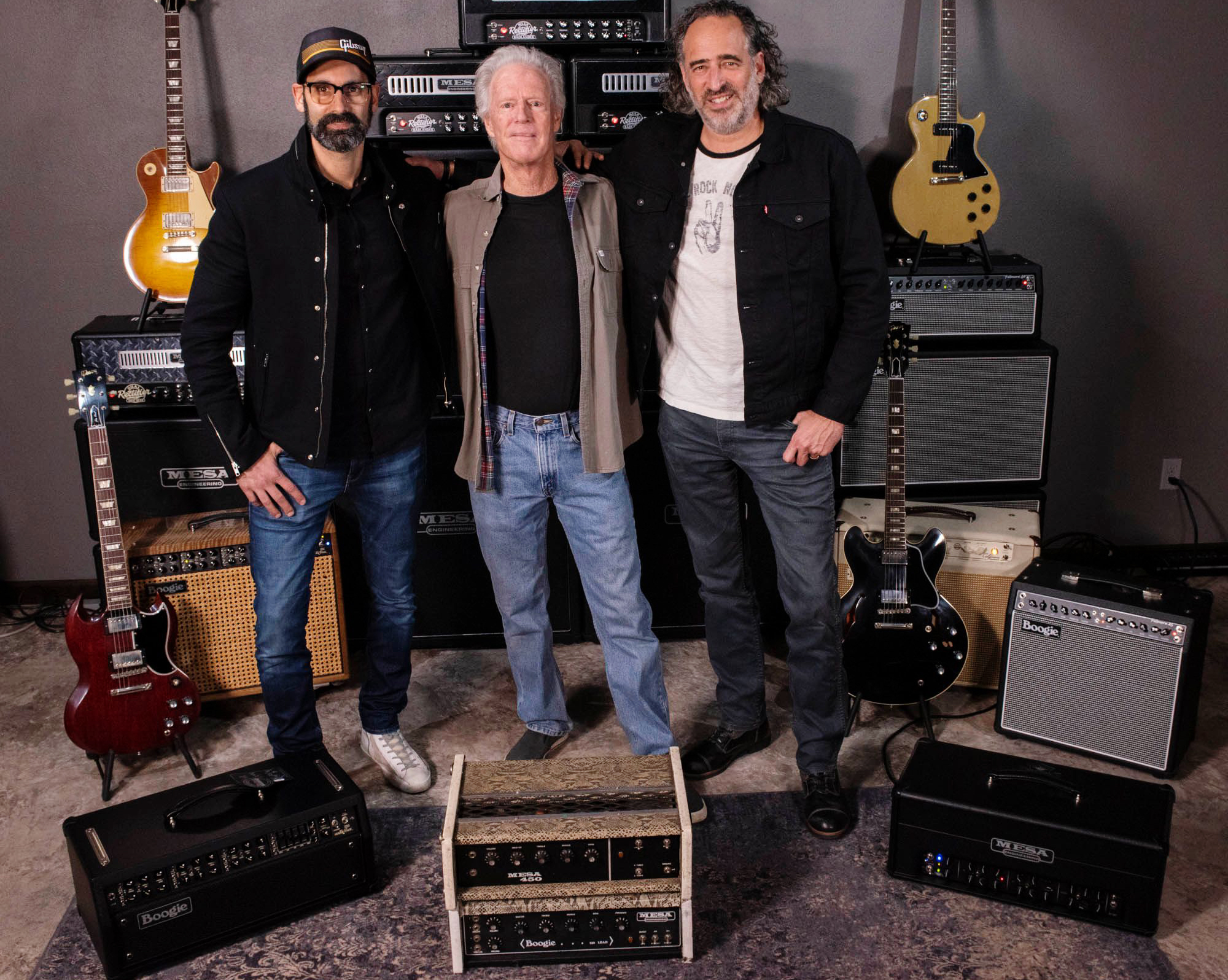
“As we evolve our Gibson Amps collection, including our Gibson and MESA/Boogie brands, Randy, and his original design ideas, will continue to inspire us to make the best and highest quality amplifiers we’ve ever made.”
“We’ve all talked about this day and have prepared for it in many ways over the years, but Randall Smith is a ‘force of nature,’ and you can’t imagine it coming to fruition,” adds Doug West, Director of R&D at MESA/Boogie.
“Randy leaves us in good stead to carry on his legacy and tradition of excellence. With our respect for him and our shared love for what Gibson and MESA/Boogie represent to music, Randy can bask in the contentment of knowing he has spread tone and joy the world over with his creations and that his contributions to music have made an indelible mark on generations, and the sound of electric guitar and bass over the last 55 years.”
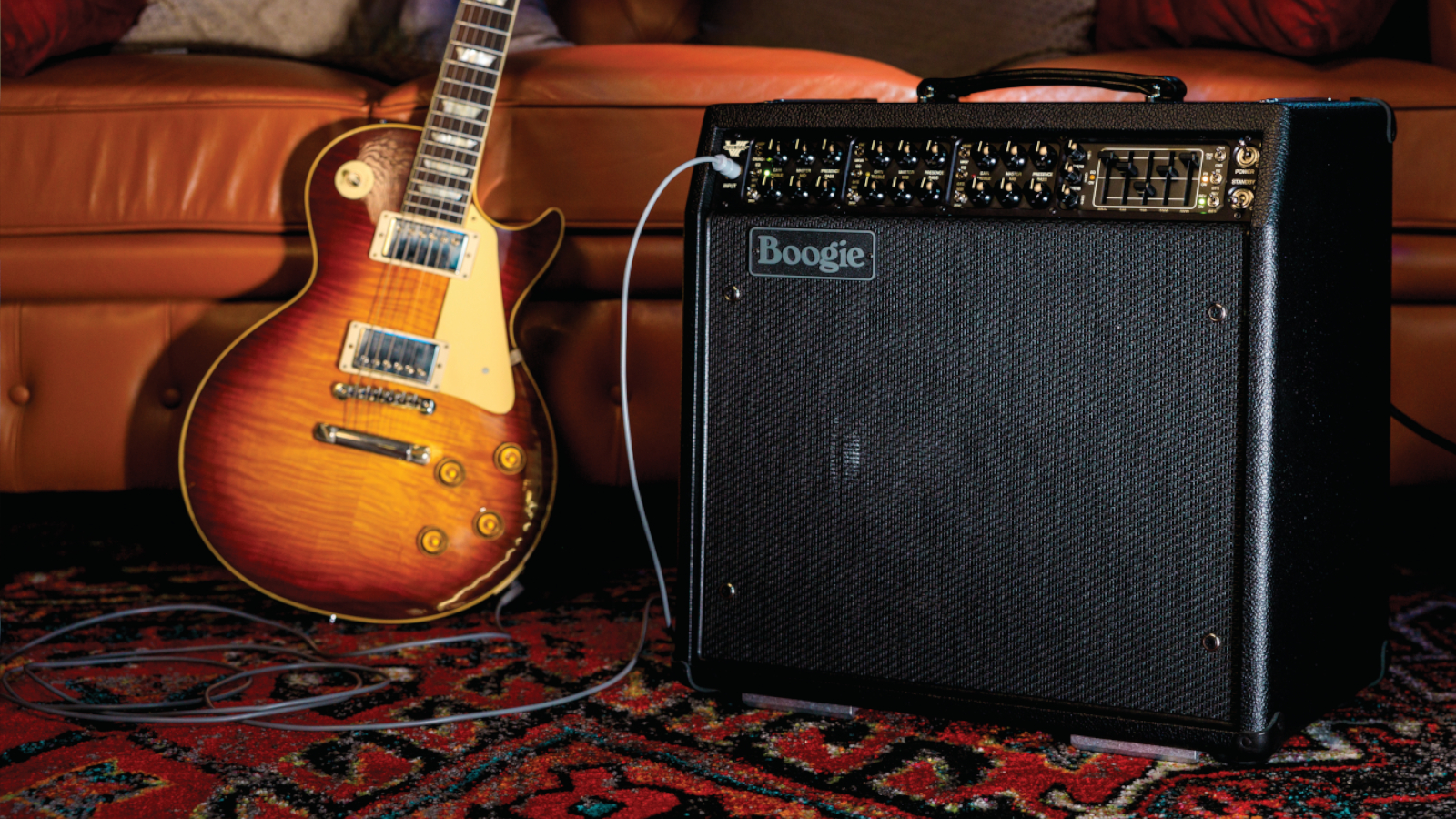
Smith had hinted that the MESA/Boogie Mark VII combo amp, which dropped last year, could be the last amp he ever designs, adding greater weight to the theory that Smith never intended to stay within the Gibson-led Mesa/Boogie era for long.
At the time, GP’s Art Thompson mused on the idea of it being the last Smith-sculpted amplifier, saying: “While it’s anyone’s guess if that actually turns out to be the case, the Mark VII is a stunning achievement.”
Perhaps then, Smith's intention was always to bow out gracefully, having helped oversee Gibson's takeover, leaving the future of MESA/Boogie in the hands of those who have spent decades working by his side. Whether anyone within the merged companies felt he'd depart so soon after the takeover remains to be seen.
The real reason for the split may never surface, but it will be interesting to see how matters develop from here. It isn’t exactly hyperbole on Gibson’s part to say that it has the know-how to continue in Smith’s wake considering his reputation for training his colleagues, but his absence is sure to be felt nevertheless.
A freelance writer with a penchant for music that gets weird, Phil is a regular contributor to Prog, Guitar World, and Total Guitar magazines and is especially keen on shining a light on unknown artists. Outside of the journalism realm, you can find him writing angular riffs in progressive metal band, Prognosis, in which he slings an 8-string Strandberg Boden Original, churning that low string through a variety of tunings. He's also a published author and is currently penning his debut novel which chucks fantasy, mythology and humanity into a great big melting pot.

